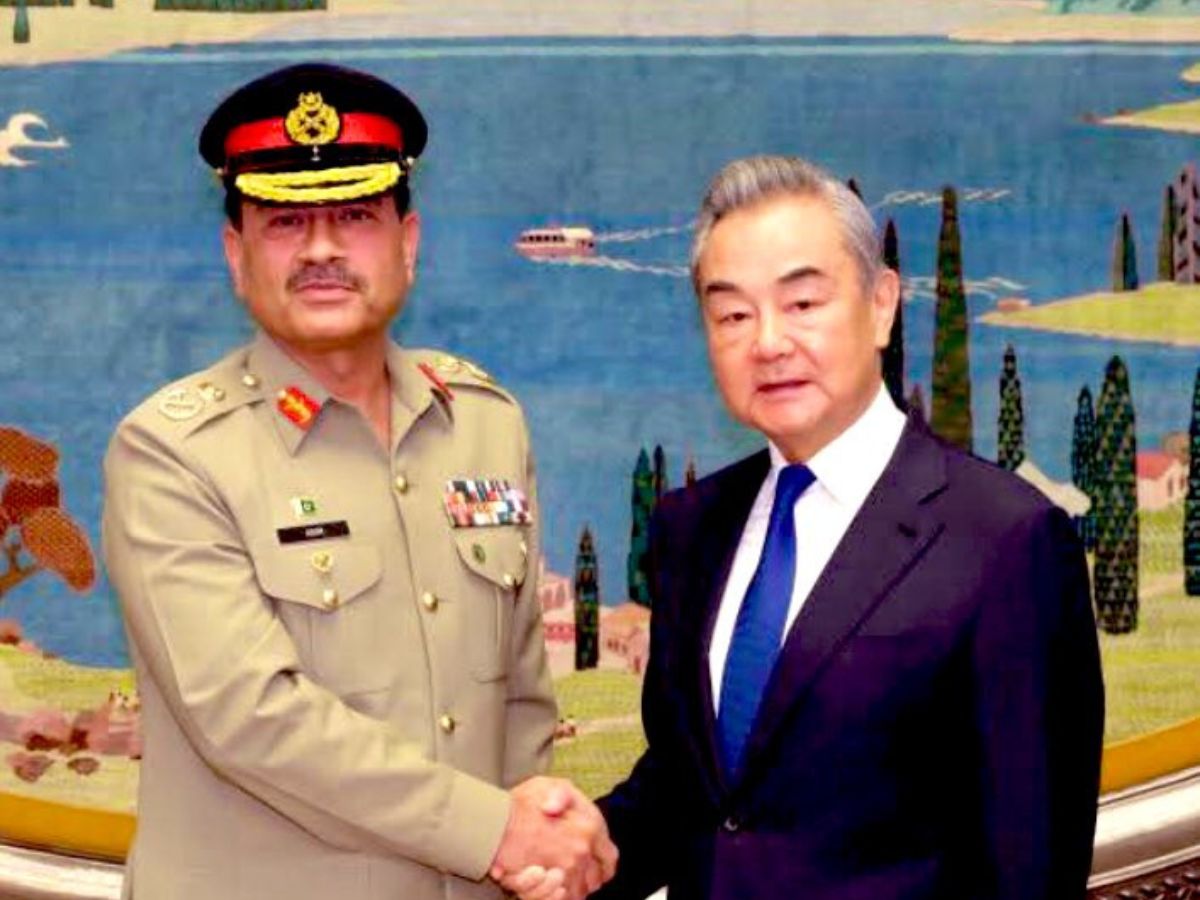Pakistan’s Chief of Army Staff General Asim Munir held high-level meetings in China on Friday, marking his first visit to the country since his promotion to field marshal.
The Trip Comes Amid Indo-Pak Conflict
The trip came months after conflict with India, and as Islamabad navigates a delicate balance between Beijing and Washington.
As per the official reports of China and Pakistan, General Munir met separately with Chinese Vice President Han Zheng, Central Military Commission Vice Chairman General Zhang Youxia, and Foreign Minister Wang Yi.
The two sides reportedly discussed expanding cooperation across all sectors, including defense, diplomacy, and economic development. A statement from the Pakistan military emphasised that Chinese leaders “lauded the Pakistan Armed Forces as a cornerstone of resilience and a vital contributor to peace in South Asia.”
Strategic Context
This visit follows India’s May 7 launch of Operation Sindoor, a military campaign targeting terrorist infrastructure in Pakistan in response to the Pahalgam terror attack. The operation noticed Pakistan deploying significant Chinese-supplied military hardware, underscoring Beijing’s defence role in the region.
Munir’s China trip also comes shortly after he visits Washington, where he met with former U.S. President Donald Trump to reinforce ties with the United States, China’s strategic rival. The Pakistan Army Chief’s diplomatic balancing act reflects Islamabad’s attempt to maintain strong relations with both global powers.
Simultaneously, Pakistani Foreign Minister Ishaq Dar is in Washington this week, where he is expected to meet U.S. Secretary of State Marco Rubio. Dar also attended the Shanghai Cooperation Organisation (SCO) Foreign Ministers’ meeting in China on July 14, reinforcing Pakistan’s engagement with both East and West.
Strengthening Bilateral Cooperation
Both Pakistani and Chinese leadership expressed satisfaction over the depth of bilateral engagement, reiterating their shared commitment to sovereign equality, multilateral cooperation, and regional stability, according to Pakistan’s Inter-Services Public Relations (ISPR).






